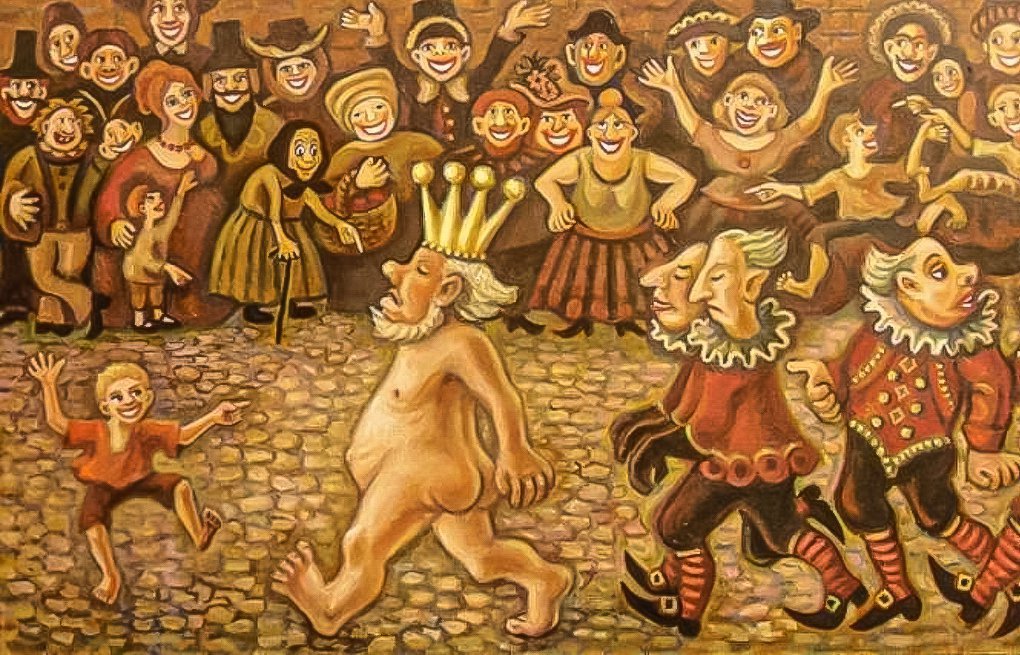Turban: The Underbelly of The AKP
The dispute, what on Feb. 28, 1997 had led to army's 18-point memorandum and eventual stepping down from government of then Islamist prime prime-minister Necmettin Erbakan, was resparked when Munevver Arinc, the turban wearing wife of new parliament speaker Bulent Arinc joined an official farewell ceremony for president Ahmet Necdet Sezer.
Turkey's secularist elite is convinced that presence of veiled women in the public sphere symbolizes the Islamist urge for reshaping the secular government on the guidelines of Islamic canon. Hence particularly after 1997 strict laws and regulations are introduced prohibiting the women and girls from wearing turban in public offices and work places, including the parliament and universities and schools of all levels.
Islamic-rooted AKP's assumption to political power engenders hopes among veiled girl students who have been expelled from universities under strictly observed regulations. However the majority Islamist girls have either dropped the veil or compromised by replacing turbans with wigs.
Albeit the new parliament speaker Bulent Arinc believed that the president's and the first lady's kind attitude towards her wife during the ceremony heralded a new era of tolerance among secularists, it took only two days for the president signal serious warnings for a would be diversion from the secularist establishment:
"The turban issue is closed for once and for all under the Constitutional Court decisions, there is no place for turban in the public sphere" told Sezer, the former head justice of the Constitutional Court in a public statement, "yet the women are free to choose in the private sphere."
Deniz Baykal the sole parliamentary opposition Republican People's Party (CHP) leader carried the debate in the parliament, during the AKP government program.
"The government should refrain from quarreling with the state," Baykal warned. "You should keep the president's warnings in mind."
Tayyip Erdogan, the AKP leader, might best judge the price of crossing swords with the country's secularist establishment spearheaded by the army. Sentenced in 1999 for 10 months for "inciting religious hatred" then Istanbul mayor Erdogan was barred from elections and forced to remain out of parliament as his party gained the two thirds of the seats.
"Turban issue is out of my agenda," Erdogan says, but the debate on "turban" once again divides Turkish public, particularly the women on whose costumes the dispute revolves around.
Meric Velidedeoglu, a spokesperson for the opponents of Islamism is of the opinion that "turban is a symbol of reaction against secularist reforms."
"Turban is now granted a stately status under the AKP government," she believes.
Emine Senlikoglu, a veiled Islamist women writer relates the charges to "domestic and external enemies of the AKP government."
She is of the opinion that "an artificial agenda is forged" as part of a global conspiracy against the Islamic rooted government.
"The schools should be exempted out of the public sphere," Senlikoglu believes.
"Further women under such regulations are excluded from work. Many widows are doomed to live in misery as they are denied jobs for being veiled," she told.
Sociologist Prof. Dr. Nilufer Narli of Istanbul's Marmara University is of the opinion that the dispute around "turban" stems from a major conflict between the "center" and the "periphery".
"Turkey's socio-political center comprises of the military, the bureaucracy, the intellectuals and the industrialists and businessmen," Narli analyzes.
"However, the center has been fragmented throughout the last three decades, under the pressures from the periphery, as the latter gained social mobility and moved towards the center."
"The 'periphery' values religious beliefs and demands their expression in the public sphere," Narli observes.
"They have supported the AKP also for that reason. Therefore 'turban" is exhibited in the public sphere more frequently," she says.
"Turban is the AKP's underbelly" believes political analyst Rusen Cakir form Istanbul. "And I fear the debate will become even tense in the near future," he said.
"The government strives to keep the 'turban' out of its agenda, and plans to take some steps later. But they will not be allowed for that, " he says.
"The Islamist girls' problems might have been resolved if it they could be handled as part of improving the human rights situation. But it has immediately gained a political character," Cakir points.
"All disputes in Turkey, at a point converges around the turban issue as it is symbolizes the schism between secularism and the shariatism," Cakir told.
"And the AKP, albeit they strive to drop the issue out of the agenda, will be forced to face the challenge, as it is revealed that this is their underbelly," he predicts.
However, Cakir is worried that the "real losers will be the women", rather more than the AKP. "The daughter of the prime minister goes to university wearing a wig, the daughters of the AKP leader Erdogan have gone to the United States to study as they have been denied the opportunity here, this is a weird situation," he said.
"And no one knows how to resettle this absurdity." (EK/NM)
The long and hot summer ahead

'Shamelessness'

LEFT TIDE IN LATIN AMERICA-III
The new task: 'To contribute the reintegration process, to recover the lessons of the Cuban revolution'

LEFT TIDE IN LATIN AMERICA-II
An International to accompany the continental rise of the Left

LEFT TIDE IN LATIN AMERİCA-I
David Adler: "A new vision that is feminist, ecologist, and pluralist"






